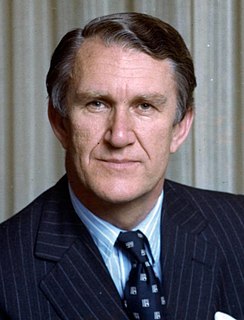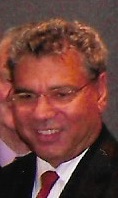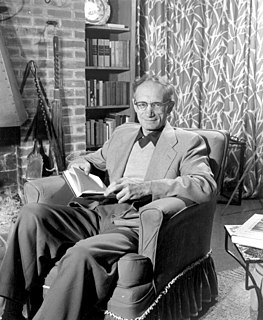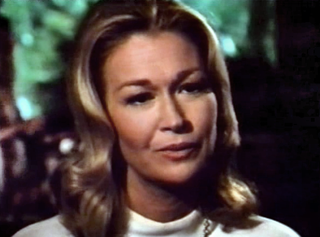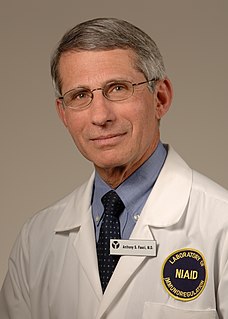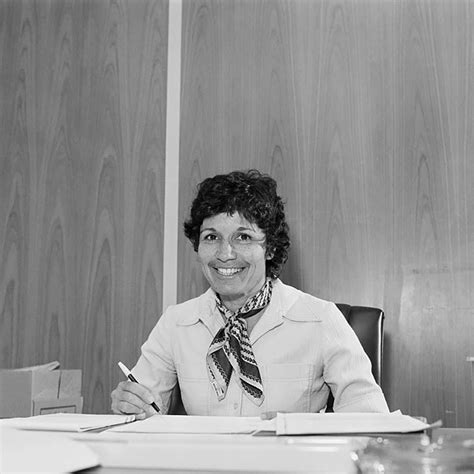A Quote by Malcolm Fraser
Over 120 Aboriginal communities run their own health services - some have been doing so for 30 years. They struggle with difficult medical problems. They also try to deal with counselling, stolen generations issues, family relationships, violence, suicide prevention.
Related Quotes
I think this is one of the problems that we're having in Indigenous affairs. Why we're not confronting the issues that are going to resolve it, the anger and the guilt. The anger on the Aboriginal side; the guilt on the non - Aboriginal side. We have got to deal with that, move on and start doing real work.
Modern problems proliferate and remain unsolved because we spend so much time trying to deal with societal and world problems without first dealing with family and community problems. If we organized for normal families and communities - if these two groups provided the functions they are designed for - world problems would diminish and fade out in two or three generations.
Communities do need police, but law enforcement needs to be much more transparent and held accountable for their actions. We also need increased resources for mental health services, affordable housing, education, jobs training, and much more to truly address social and economic issues in our communities.
Latino actors and actresses have had to struggle for decades, but when I came around with Real Women Have Curves, attitudes were starting to change. We screened the film all over the world - in Jewish communities, black communities, Greek communities, German communities - and people across the board said, "That's my family."
I must remind you that starving a child is violence. Suppressing a culture is violence. Neglecting school children is violence. Punishing a mother and her family is violence. Discrimination against a working man is violence. Ghetto housing is violence. Ignoring medical need is violence. Contempt for poverty is violence.
What has happened over the years is that scientists have now developed AIDS therapeutic capabilities, as well as prevention, and we've linked prevention and treatment in a way that if you fast-forward 30 years form '88 to now, we can say without hyperbole that we have the tools, if implemented the way they could be implemented, to theoretically, essentially end the epidemic as we know it now.
My family came to Australia on the First Fleet. My family’s been in that country for a long time, over 100 years. If your family’s lived in Australia for a long time, everyone has a little bit of [Aborigine blood]. I know my family does because we have an eye condition that only Aboriginal people have.
